Energy Drink Before Workout: Is it Worth it?
Author:
Unlock your full potential by engaging with our experts and community! Have questions about your fitness journey or looking for expert advice on weightlifting techniques? Don’t hesitate — leave a comment below and Jacek Szymanowski will provide a personalized answer and insights to help you reach your goals.
Torokhtiy is reader-supported. Some links are affiliate links, and we may earn a commission at no extra cost to you. See our disclosure page for details.
Energy drinks may be a good choice before working out, mainly because of the caffeine content in each serving. However, they’re often lacking in the added active ingredients that make pre-workout formulas even more beneficial. So, because of this we generally recommend pre-workout over energy drinks.
Energy Drinks Before Workout? – Energy drinks are often high in caffeine, which makes them similar to pre-workout supplements. However, they often lack extra active ingredients that make pre-workouts beneficial, as well often containing large amounts of sugar and other artificial ingredients. This typically makes high-quality pre-workout a better choice.
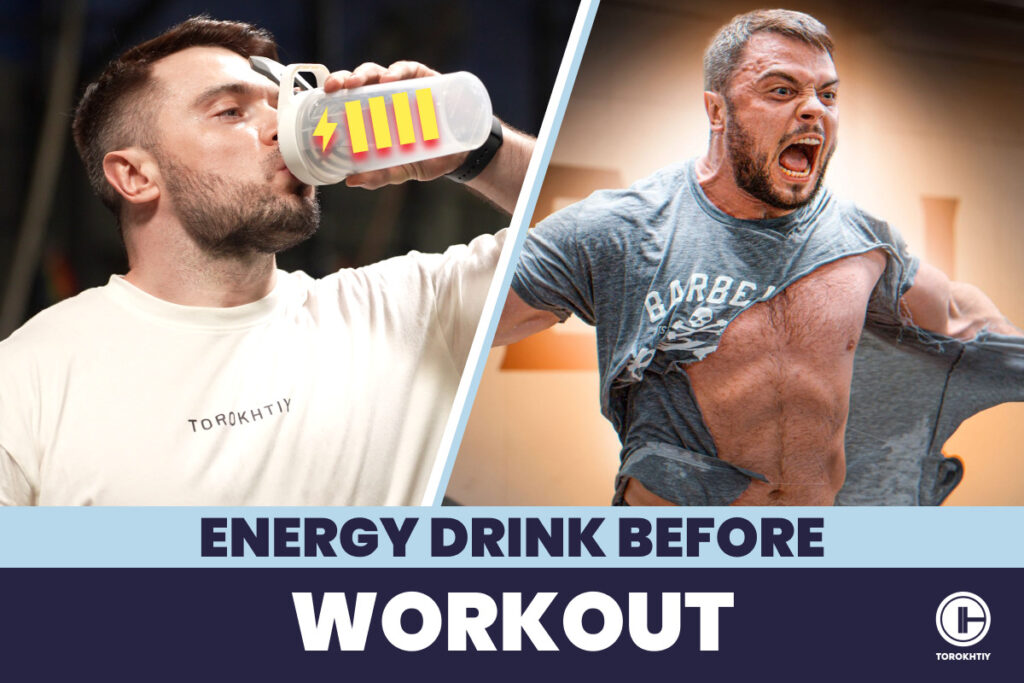
Energy Drinks – Hate it or Love it?
“Energy drinks” is a broad term that covers a large amount of products. As a result, it’s difficult to make a blanket statement about whether all energy drinks will be good or bad for you, especially when it comes to workouts.
This largely comes down to the individual formula of different energy drinks, considering things like sugar, caffeine content, and added active ingredients. If you plan on using energy drinks before working out, just make sure you’re choosing a high-quality option.

We’ll be taking a closer look at the nutritional information of energy drinks down below.
Nutrition Breakdown of Common Energy Drinks
To show the differences between common energy drinks, we’ll be looking at the formulas of two popular options: Red Bull and C4 Performance.

A large can of Red Bull is 473ml and contains:
- ~151mg of caffeine
- 51g of sugar
- Taurine as an added ingredient.
Meanwhile, a standard can of C4 Performance is also 473ml and contains:
- 200mg of caffeine
- 0g of sugar
- Beta-Alanine, L-Citrulline, and Betaine as added ingredients
These are two very different drinks, which have different formulas and may produce different effects. This is precisely why it’s so important to consider the nutritional breakdowns of the energy drinks you’re looking at.
As you can probably guess, we recommend C4 Performance Energy over something like Redbull for its higher caffeine content, sugar-free formula, and use of active ingredients.
3 Energy Drink Benefits Before Workout
The main benefits of energy drinks before exercise come down to caffeine, sugar, and extra added ingredients. Below we’ll be taking a closer look at these benefits and how they may relate to your workouts.
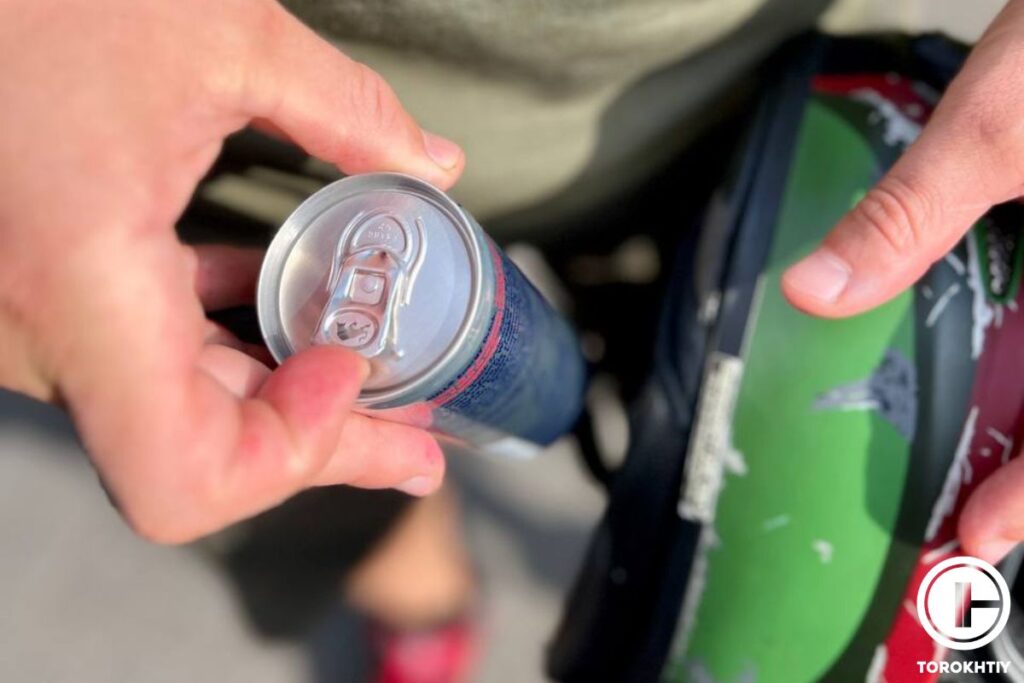
While having an energy drink after workouts, or energy drinks during workouts may also be beneficial, we mainly recommend using energy drinks before working out.
✅ Energy “from” Caffeine
The main benefit of energy drinks before exercise is caffeine. Caffeine is a proven ergogenic aid, meaning it has been shown to improve performance when taken before exercise.
Keep in mind that the amount of caffeine needed to produce meaningful effects will vary from person to person based on age, weight, and caffeine adaptation. While 200mg may be just right for some people, it will be far too strong for others.
Consider your own needs when deciding what caffeine level is right for you – 1-3mg/kg of body weight is a good place to start.
✅ Extra Energy from Sugar
It’s also worth considering that an energy drink like Red Bull with added sugar will provide an additional boost of energy before your workout. While a quick hit of simple carbs can be beneficial before a workout, keep in mind that most people already eat too much added sugar.
This overconsumption is linked to diabetes and obesity, so adding more to your diet through things like energy drinks may not be a great idea.
✅ Potential Benefits of Added Ingredients
Finally, many energy drinks do contain some amount of added active ingredients, including Taurine, Beta-Alanine, Betaine, and L-Citrulline.

The issue here is that they often are not as effectively dosed as they are in pre-workout supplements, or they are ingredients that require daily use to be effective. As a result, the effects of these ingredients from energy drinks are often minimal at best.
Energy Drinks vs Good Pre-Workout Supplements
As we’ve mentioned throughout this article, pre-workout supplements are typically better choices than energy drinks. This mainly comes down to the fact that they have more effective doses of caffeine and active ingredients, and often much less added sugar.
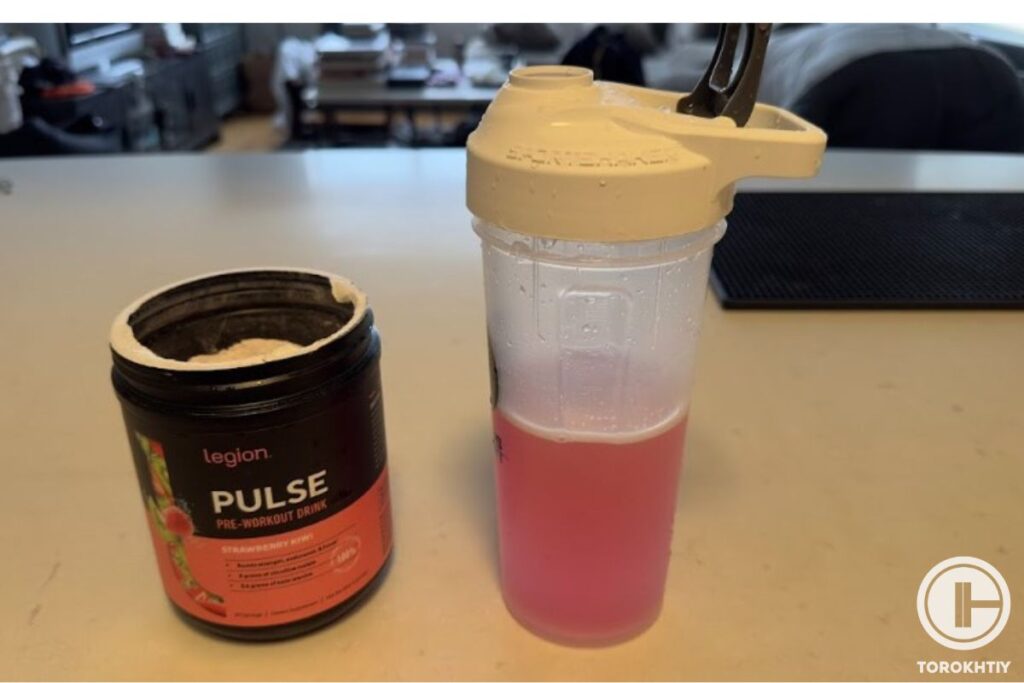
Of course, similar to energy drinks, there are many different pre-workout supplements available. So, you should choose an option with a high-quality formula from a reputable brand like Kaged, Legion, or Transparent Labs, just to name a few.
Overall, while there are some solid energy drinks like C4 Performance available, they will still typically be less effective than a high-quality pre-workout supplement
Energy Drinks – The Good, The Bad and The Ugly
Overall, if you’re considering using energy drinks or pre-workout, it’s important to understand the effects of the supplements you’re using, and how to take them safely. Below we’ll quickly be looking at how to properly use energy drinks to boost your performance while avoiding any adverse side effects.

1. Myths vs Facts
The main myth surrounding energy drinks and pre-workouts is that they will dramatically improve your performance. While caffeine is a beneficial ergogenic aid, it likely won’t make a massive difference in your performance in the gym.
On a similar note, understand that caffeine is not necessary to have a great workout, and you should never be reliant on it for your training. It should help your training, not mask underlying issues and lack of healthy habits like proper sleep or nutrition.
Also, its effects will vary from person to person. While some people may find it useful, others may have unpleasant side effects including jitters, anxiety, headaches, and insomnia.
Because the benefits of caffeine before working out are highly individualized, it’s important to consider your relationship to caffeine before using it as a workout supplement.
2. Health and Safety
The health and safety concerns of energy drinks and pre-workout also largely come down to caffeine consumption. The U.S. FDA recommends 400mg as a safe maximum daily dose of caffeine. However, some people may still experience unwanted side effects with a much smaller dose.
Additionally, adolescents between the ages of 12 and 18 should likely limit their caffeine to ~100mg a day. This means many energy drinks and pre-workout supplements will be unsuitable for teenage lifters.

It’s worth considering the added sugar content of energy drinks. As mentioned earlier, most people already get far too much added sugar in their diet, so adding more through energy drinks probably isn’t a great idea for your overall health.
Finally, most energy drinks and pre-workouts will contain some artificial flavors or sweeteners. While these are generally considered safe, you may prefer to avoid them, so keep this in mind when making a decision about which supplement to use.
C4 Performance Energy
- Item Form: Pre-Mixed Drink
- Best For: Muscular Strength, Muscular Endurance, Reducing Fatigue
- Flavor: Ultimate (Arctic Snow Cone, Fruit Punch, Orange Cream), Performance (Frozen Bombsicle, Strawberry Watermelon Ice, Orange Slice, Cherry Limeade, Arctic Snow Cone, Midnight Cherry, Grape Frost, Starburst, Skittles, Popsicle)
- Caffeine: 200mg for Performance, and 300mg for Ultimate
- Special Ingredients: Performance contains Beta-Alanine, Betaine, and L-Citrulline
- Package Information: 12 Pack
- Serving: 473ml
- Company Founded: 2002
- Recommended by Athletes: Brittany Ann, Scott Mathison, Demi Bagby
A great choice for a sports-focused energy drink is C4 Performance. With 200mg of caffeine per serving, it will provide a solid boost of energy.
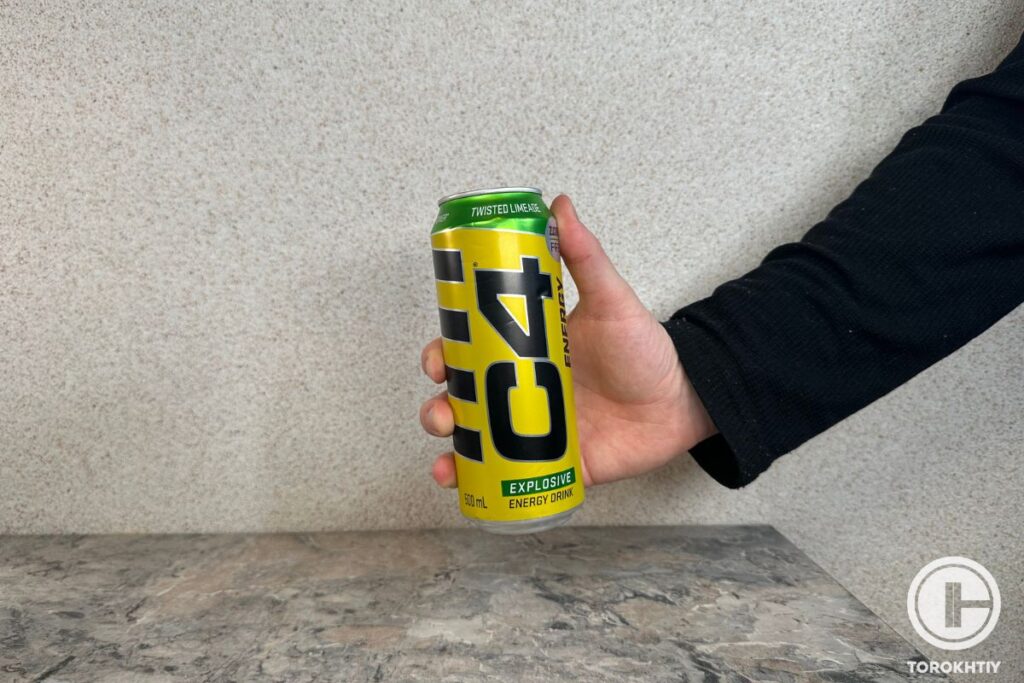
While it does contain several active ingredients, doses are not mentioned, so it’s difficult to say if they will provide any meaningful effects.
Kaged Elite Pre-workout
- Serving Size: 1 scoop (33.1 g)
- Servings per Container: about 20
- Total Caffeine per Serving: 388 mg
- Calories per Serving: 5
- Total Carbohydrate per Serving: 1g
- Recommended By Athletes: Farren Morgan, Marvin Achi
For a high-quality pre-workout, consider Kaged Elite. This contains a strong 388mg dose of caffeine, which will be far too strong for some, although it may be just right for those less sensitive or with a high adaptation.
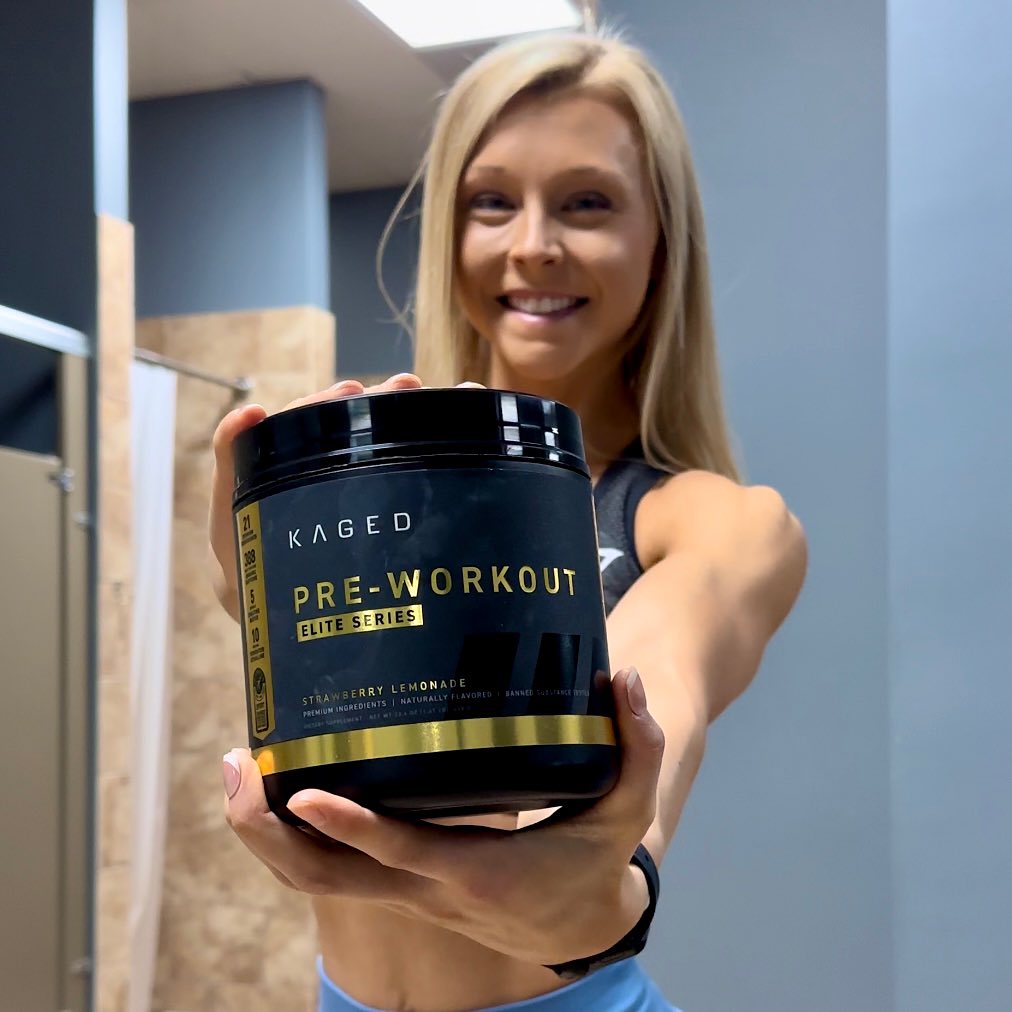
It also contains effective daily doses of active ingredients, including L-Citrulline, Beta-Alanine, Creatine, and Betaine. These ingredients all have their own effects, including increased endurance performance for L-Citrulline and Betaine, reduced fatigue for Beta-Alanine, and increased high-intensity exercise performance for Creatine.
Just keep in mind that most of these ingredients need to be taken consistently every day for optimal effects.
FAQ
Can I Drink an Energy Drink and Pre-Workout on the Same Day?
It’s generally recommended that you don’t exceed 400mg of caffeine. So, the answer to this question largely comes down to how much caffeine your energy drink and pre-workout both contain. For example, taking a serving of Kaged Elite on the same day as a can of C4 Performance isn’t a great idea, as this adds up to 588mg of caffeine in total!
Can I Use Red Bull as a Pre-Workout?
Yes, using Red Bull before workouts could be beneficial as a mild pre-workout drink. It contains 80mg of caffeine, as well as 27g of sugar, which may provide a quick boost of energy.
With this being said, is Redbull a good pre-workout? Because of a lack of active ingredients when compared with most pre-workout supplements, Redbull will likely not be nearly as effective. However, if you’re just after a quick hit of caffeine, it will get the job done!
Is Monster a Good Pre-Workout?
While there are many different kinds of Monster, the basic Monster energy drink is fairly similar to Red Bull, containing high amounts of added sugar in every serving, as well as taurine as its main added active ingredient.
Similarly to Red Bull, we generally recommend a high-quality pre-workout supplement instead as an alternative to Monster.
Conclusion
So, should you drink energy drinks before working out?
While energy drinks can be used as pre-workout drinks, you’re likely much better off choosing a supplement that’s specifically designed to boost exercise performance.
With this being said, if you’re after a high-quality energy drink, we recommend C4 Performance Energy. For a solid, albeit strong pre-workout, consider KAGED Elite.
Have you ever used energy drinks as pre-workout? Let us know your thoughts in the comments below!
Also read:
- Energy Drink Before Workout
- How to Make Pre Workout Taste Better?
- What Is a Non-Stim Pre-Workout? Complete Guide
- What Is Low-Caffeine Pre-Workout & Why You Need It
- Does Pre Workout Help You Focus?
- BCAA vs Pre-Workout: Which Supplement Should You Choose?
References:
- Gabriel Loureiro Martins, et. al, “Caffeine and Exercise Performance: Possible Directions for Definitive Findings,” Front Sports Act Living.; 2: 574854. (2020).
- The Nutrition Source, “Carbohydrates and Blood Sugar,” Harvard T.H. Chan School of Public Health, https://www.hsph.harvard.edu/nutritionsource/carbohydrates/carbohydrates-and-blood-sugar/ (Accessed May 18, 2024)
- The Nutrition Source, “Added Sugar,” Harvard T.H. Chan School of Public Health, https://www.hsph.harvard.edu/nutritionsource/carbohydrates/added-sugar-in-the-diet/ (Accessed May 18, 2024)
- Health, “The Dangers of Caffeine,” University of Utah, https://healthcare.utah.edu/healthfeed/2023/08/dangers-of-caffeine (Accessed May 18, 2024)
- The Nutrition Source, “Caffeine,” Harvard T.H. Chan School of Public Health, https://www.hsph.harvard.edu/nutritionsource/caffeine/ (Accessed May 18, 2024)
- Photos made by Torokhtiy Media Team.
Why Trust Us?
With over 20 years in Olympic weightlifting, strength training, nutrition coaching, and general fitness our team does its best to provide the audience with ultimate support and meet the needs and requirements of advanced athletes and professional lifters, as well as people who strive to open new opportunities and develop their physical capabilities with us.
By trusting the recommendations of our certified experts in coaching, nutrition, and sports training programming, as well as scientific consultants, and physiotherapists, we provide you with thorough, well-considered, and scientifically proven content. All the information given in the articles concerning workout programming, separate exercises, and athletic performance, in general, is based on verified data.
The product testing process is described in more detail here.
Author: Jacek Szymanowski
Certified Nutritionist,
M.Sc.Eng. Biotechnology
Performance Architect,
Strength and Conditioning Specialist
With over 30 years of fighting experience, specialization in nutrition coaching for athletes, and expertise in metabolic health and dietary strategies, Jacek offers a comprehensive approach to optimizing your performance and well-being. Backed by a Master of Science degree in Biotechnology, Jacek remains at the forefront of scientific advancements, ensuring that his coaching is always evidence-based and up-to-date.



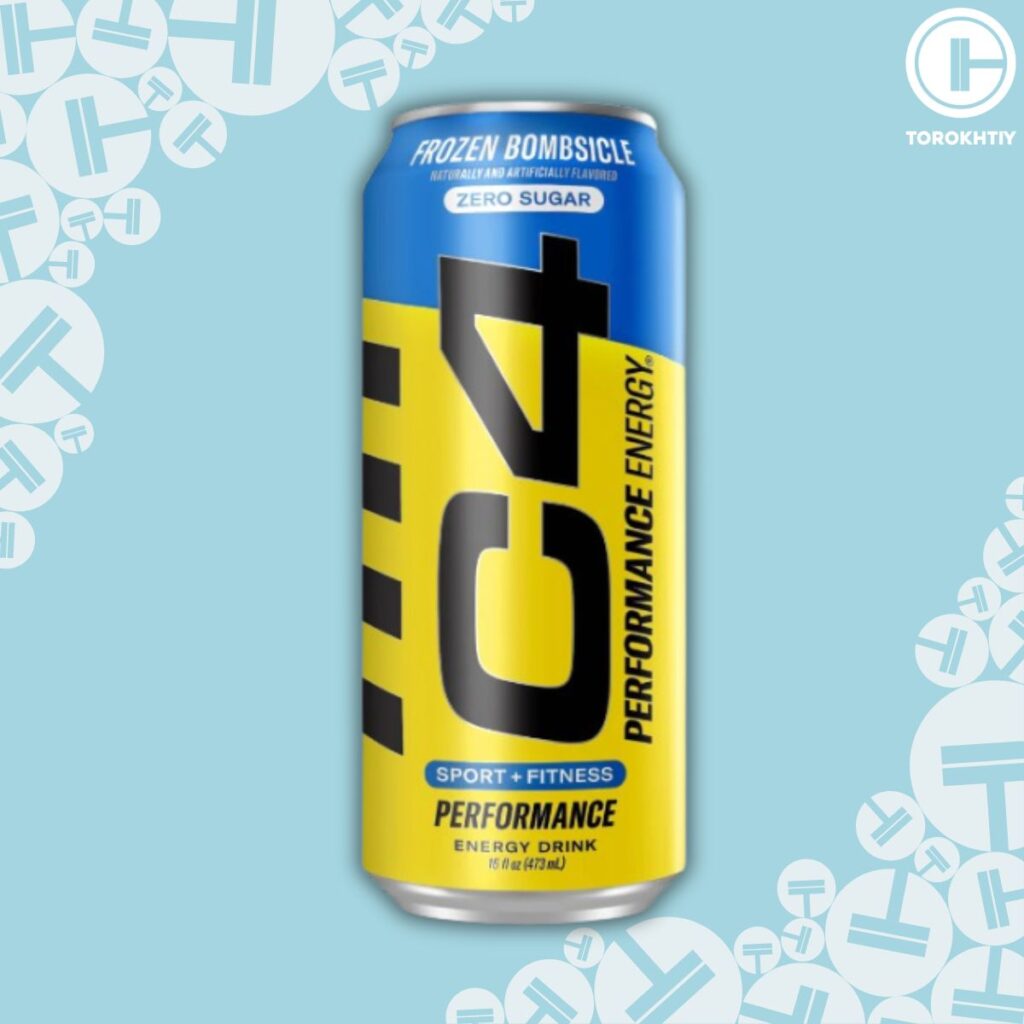
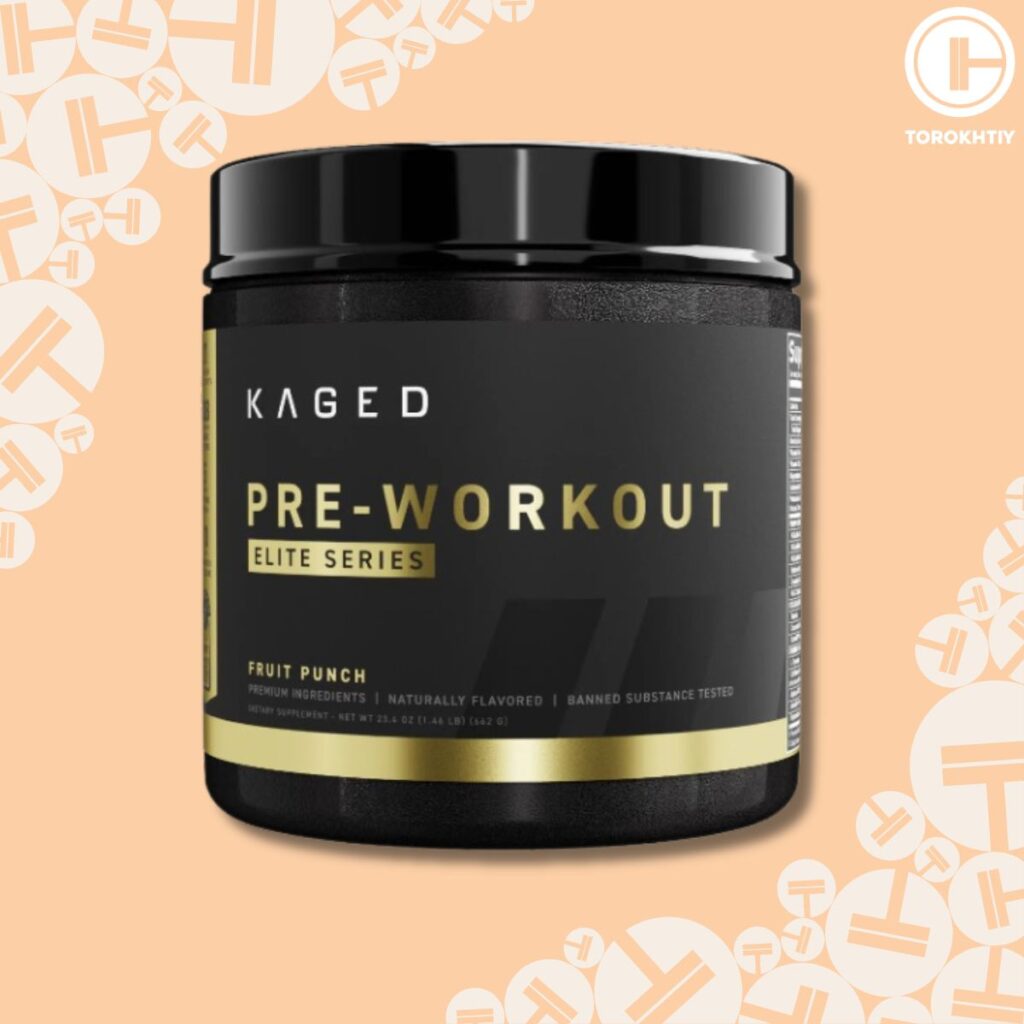
Still have questions after reading our article? Unlock your full potential by engaging with our experts and community! Don’t hesitate — leave a comment below and Jacek Szymanowski will provide a personalized answer and insights to help you reach your goals.